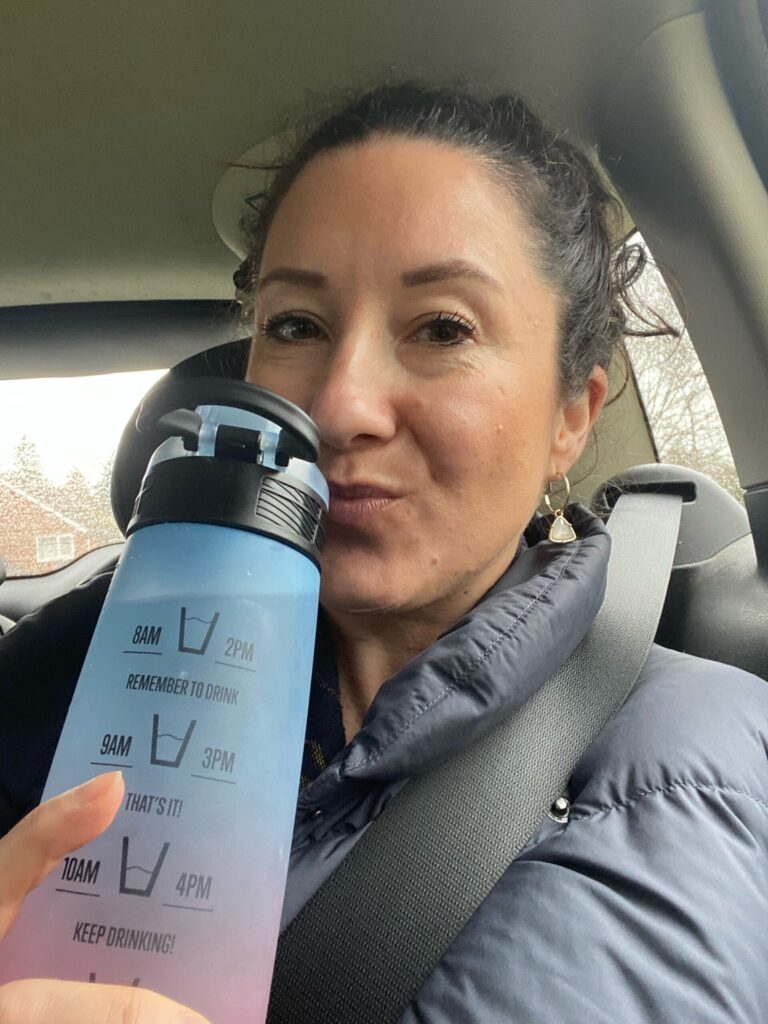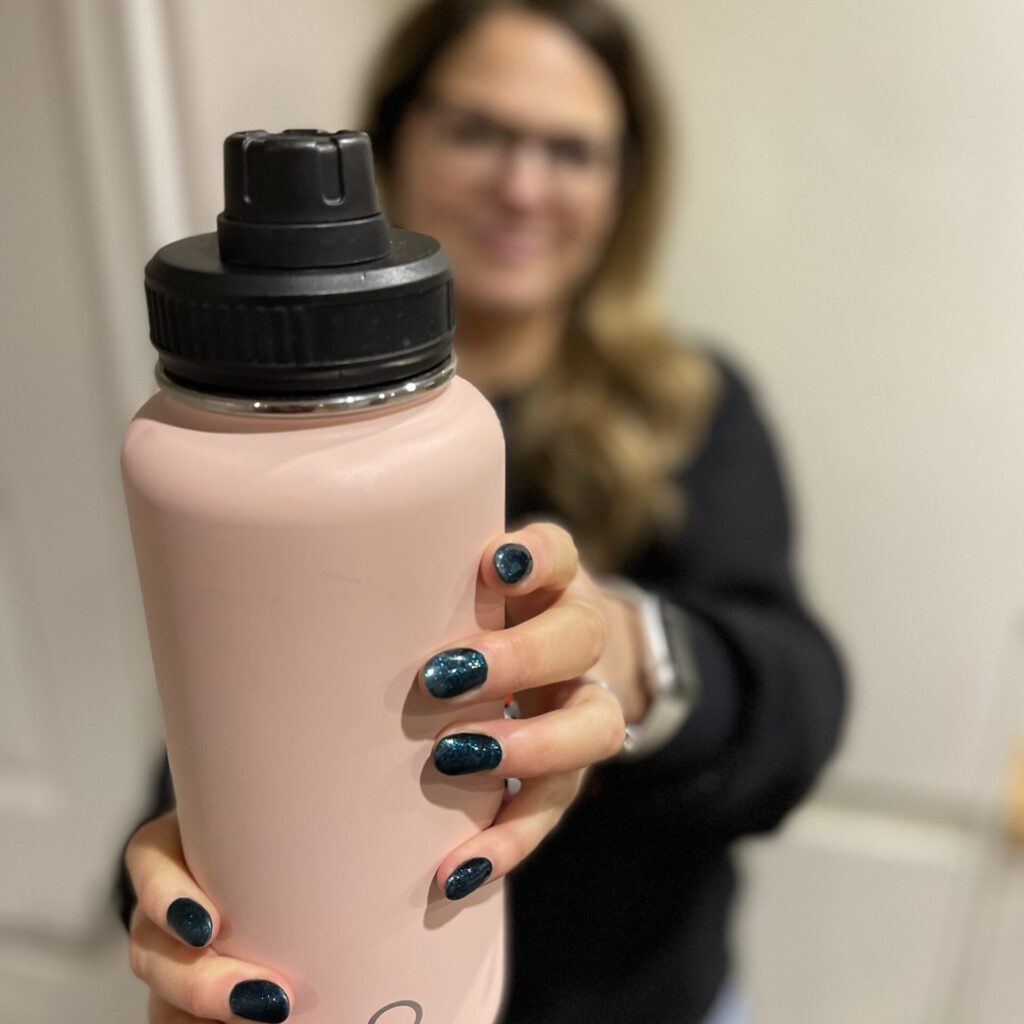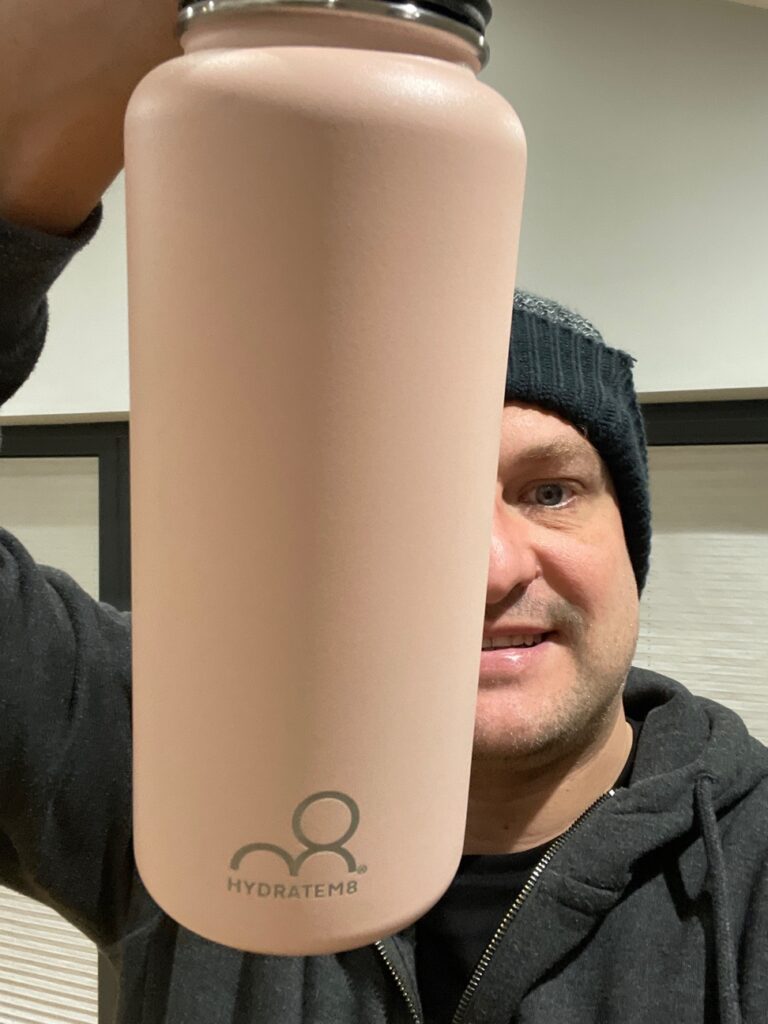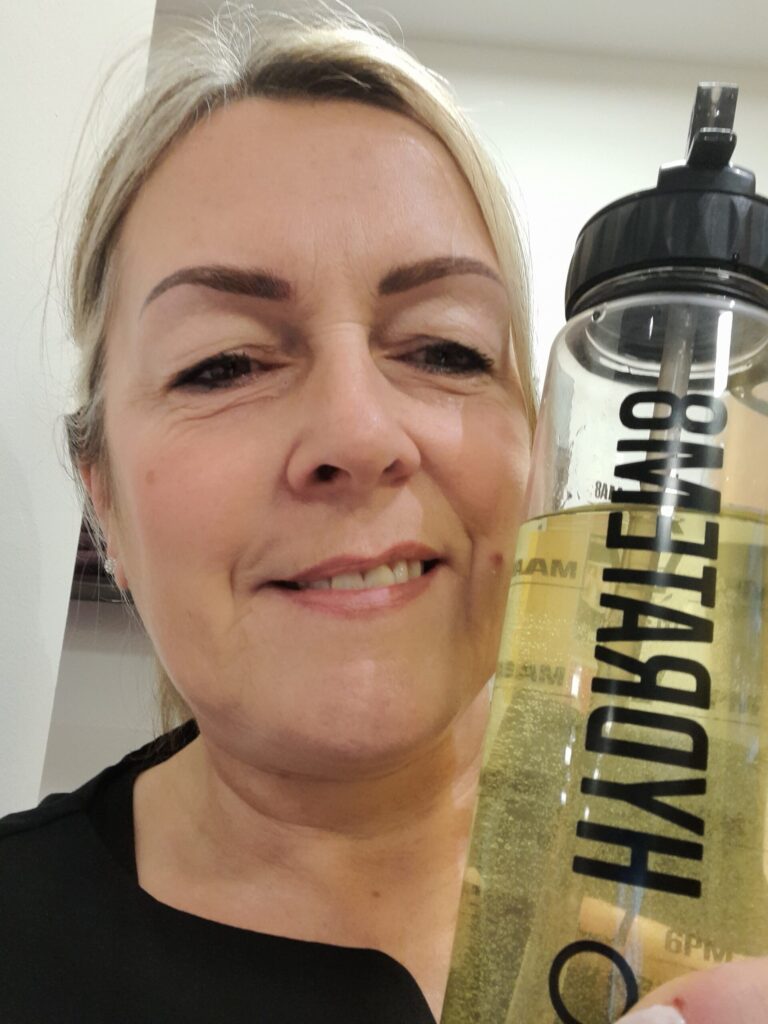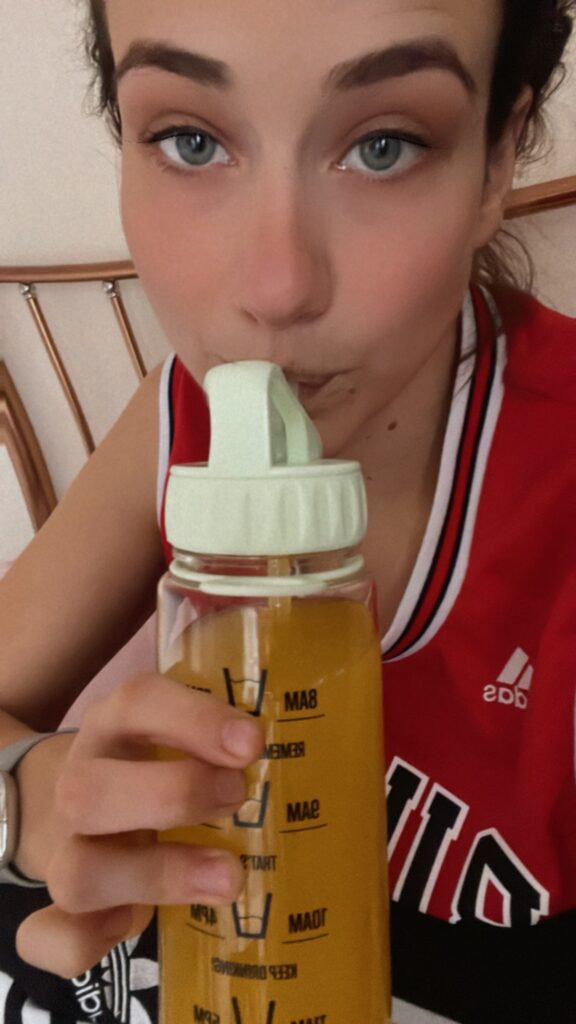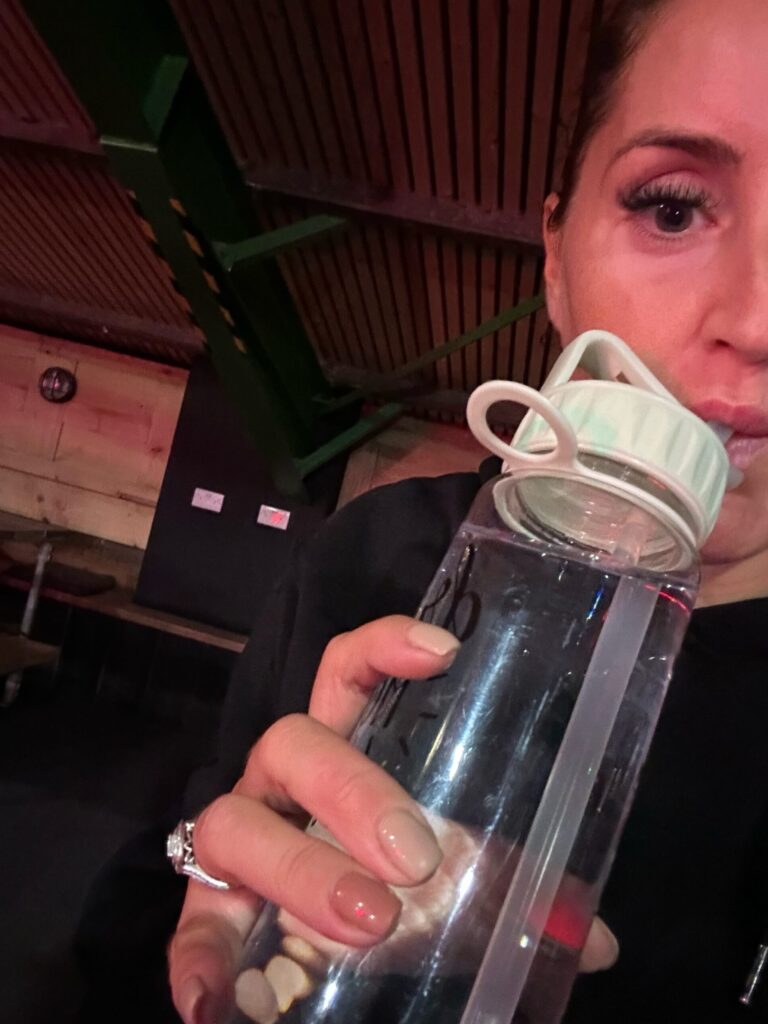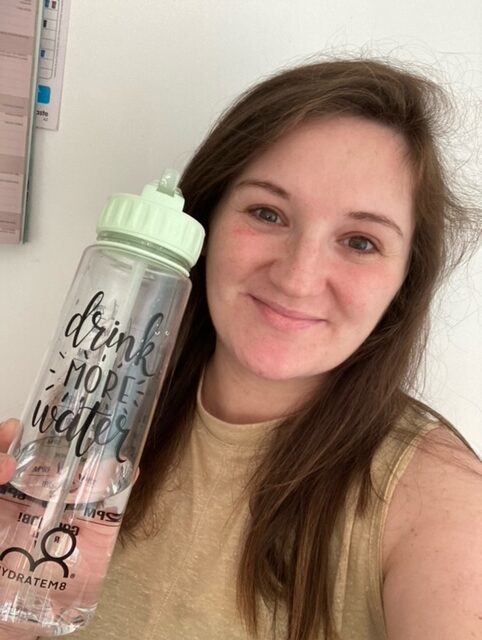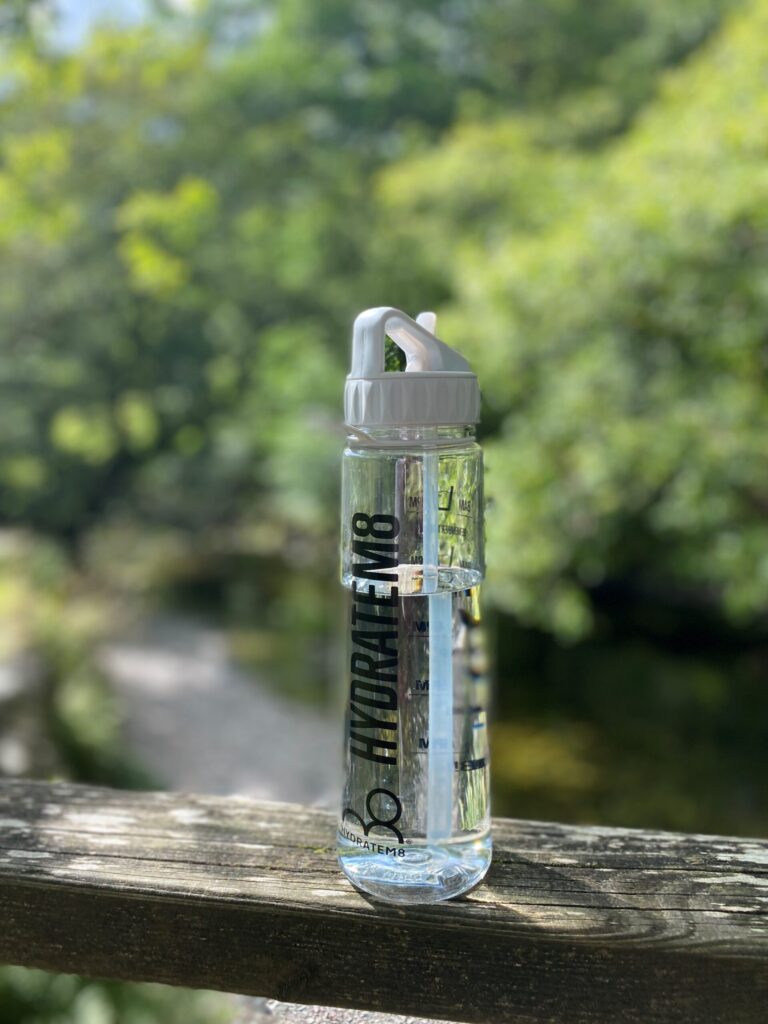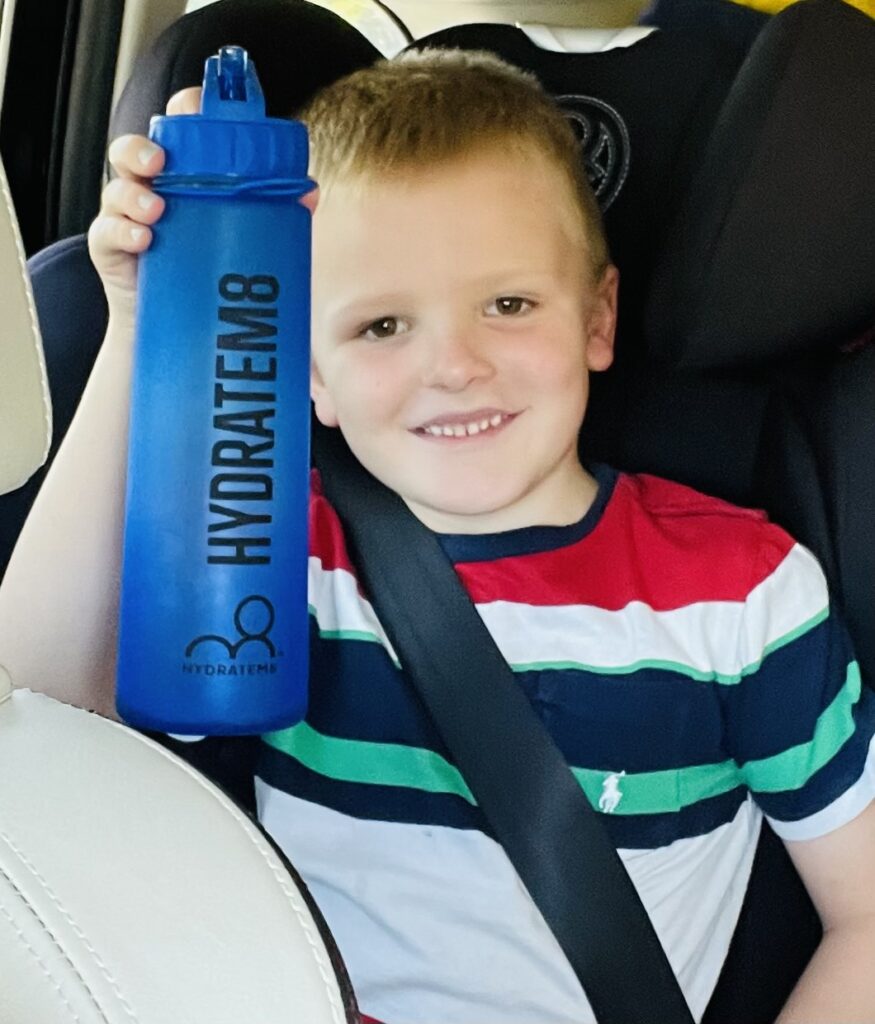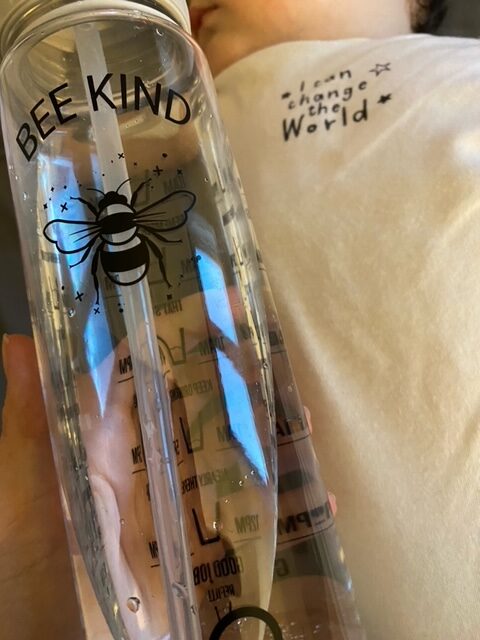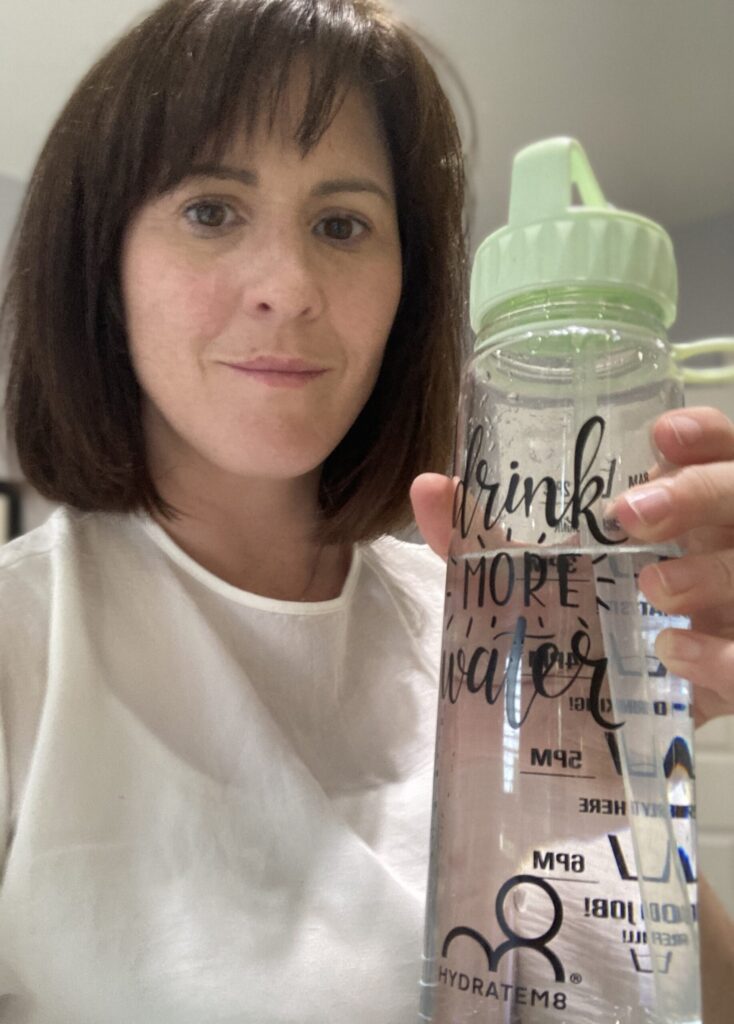Sustainability has been a hot topic for a good few years now, and there are certain things we can all do individually to live more sustainable lives.
But there are certain terms and words, that although we may have a vague idea about what they may be associated with, we don’t necessarily know what they mean. A good example is degradable and biodegradable.
To many of us, these are just interchangeable terms, but, in truth, they have slightly different meanings. So, we’ve put together this mini guide to help clear up any confusion and explain what it means for the environment.
What does biodegradable mean?
Biodegradable basically means an item that is able to be broken down into smaller chunks by microbes including bacteria and fungi, which is reabsorbed into the environment without causing any pollution.
However, in effect most things are biodegradable and so the length of time it takes for the material to biodegrade is what’s important. That’s why the European Union state that to be biodegradable, the item should biodegrade within 6 months.
Some things that naturally biodegrade include:
- food waste
- plant products
- wood
- paper
- human and animal waste
- grass cuttings
If something is biodegradable it essentially causes no harm to its environment but can take longer to break down compared to compostable items.
What does degradable mean?
The term degradable is often confused with biodegradable, but they’re not the same thing. A classic example of a material that’s degradable is plastic which will eventually degrade but it can take thousands of years.
Plastic also degrades into microplastics which clog up the water systems including oceans and rivers which are harmful to the environment and marine life.
If an item is degradable, it breaks down via a series of chemical reactions compared to something that is biodegradable which occurs using microbes.
What does compostable mean?
If something is compostable, then it means it can be broken down into all-natural elements when exposed to a compost environment.
The simplest way to imagine this is your garden compost heap where you may add things like grass cuttings, fruit and vegetable leftovers, eggshells, and manure. Some local councils now have industrial composting sites, that’s why you have a food waste bin.
How long it takes for specific materials to break down into compost will depend on factors like, the amount of oxygen and moisture in the compost heap as well as the temperature.
Summary
In general, plastic is a pollutant and is wreaking havoc on the environment. When you’re buying products such as packaged food, have a look on the label to see if the packaging is degradable, biodegradable, or maybe even compostable.
Having this increased awareness will enable you to make more informed decisions about the types of products you buy. You can help reduce your own single-use plastic waste by investing in the Hydratem8 range which includes hydration tracker bottles, insulated water bottles, and even reusable straws.


